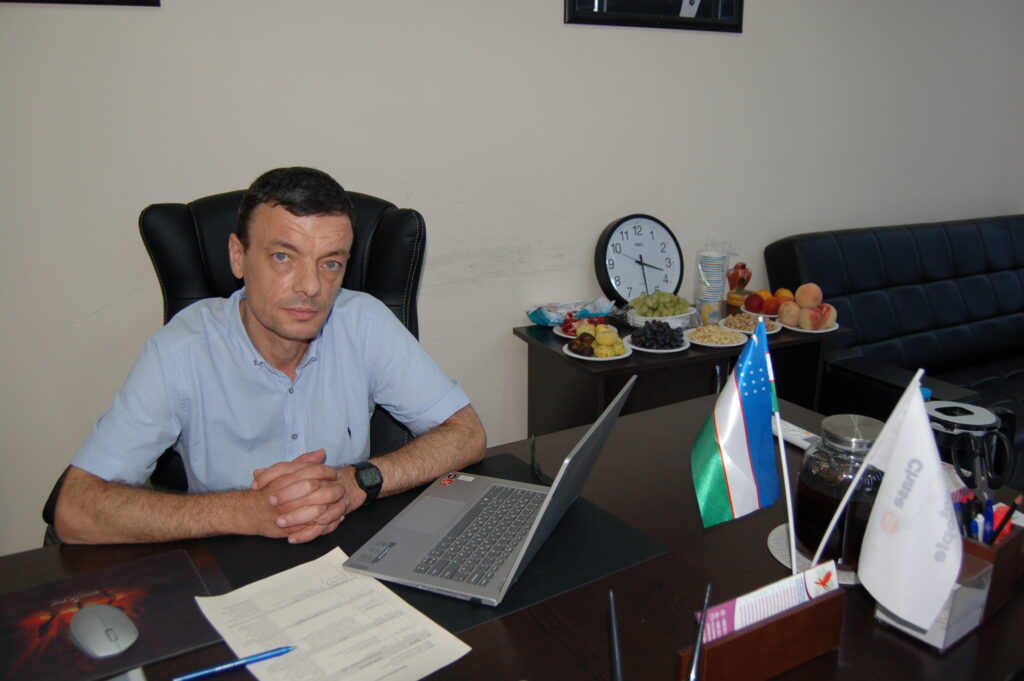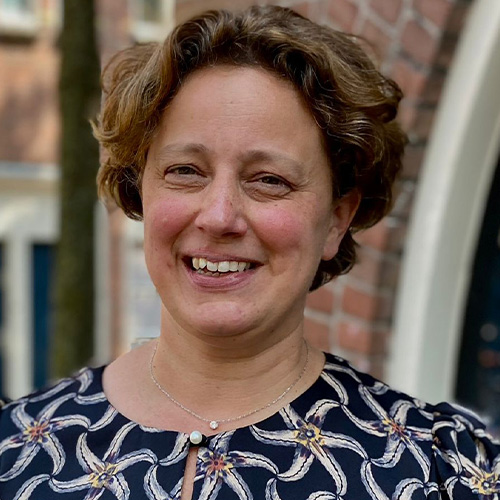AFEW International, in collaboration with Ishonch va Hayot (IvH) and with financial support from the European Union and the Dutch embassy in Astana, has commenced the implementation of a project titled “Empowering Voices for Inclusive Development: Strengthening Civil Society Organizations (CSOs) in Samarkand, Namangan, and Tashkent, focusing on women and youth.”
Through this project, AFEW and its partners aim to enhance the capacities of 15 local CSOs in Tashkent, Namangan, and Samarkand, which are dedicated to assisting people living with HIV (PLHIV) and those affected by HIV, with a particular emphasis on women and youth. The objective is to mitigate stigma and discrimination against individuals with HIV and those affected by it using a unique Asset Based Community Development (ABCD) approach.
We interviewed Sergey Uchaev, the director of IvH, to understand the necessity of this project for underserved women and youth in Uzbekistan, its implementation strategy, and anticipated outcomes.

Challenges for Civil Society Organizations
Presently, the operating environment for local civil society organizations (CSOs) in Uzbekistan continues to pose significant challenges to their effective engagement in decision-making processes. While there have been improvements in the legislative framework for CSOs, numerous legal and regulatory obstacles persist, hindering the establishment, registration, and operations of these organizations.
Although the government involves various organizations in conferences and seminars to address crucial issues such as access to information, human trafficking, social services development, and government accountability, engaging in human rights advocacy remains challenging for organizations in Uzbekistan.
Our project aims to enhance the capacity of local Uzbek CSOs to serve as effective and inclusive agents of change, capable of addressing challenges confronting their constituents. It directly aligns with the EU’s priorities to empower CSOs as independent entities promoting good governance and development. A pivotal aspect of the program involves facilitating dialogue with governmental bodies at different levels, thereby fostering a more conducive environment for CSOs.
This project forms part of a comprehensive reform initiative spearheaded by the Government of the Republic of Uzbekistan, aimed at fostering civic activism, safeguarding fundamental human rights, and investing in human capital.
Unique approach in capacity building of CSOs
As part of the project, we will collaborate with 15 local CSOs in Tashkent, Namangan, and Samarkand, focusing on PLHIV and those affected by HIV. Our objective is to empower these organizations to fulfil their roles as independent development actors more effectively. At the backbone of the project will be the application of the Asset Based Community Development (ABCD) approach. This is different from the usual approach, which focuses on what a community lacks and needs help with. Instead, ABCD looks at what strengths and resources the community already has without denying their problems/needs/gaps, and how they can use these to achieve their goals together. In this regard, 6 CSOs will apply the ABCD approach in practice by supporting informal women and youth groups to develop their own small initiatives contributing to decreased HIV-related stigma and discrimination. During this process, youth and women leaders will be supported to play a more prominent role within their communities.
Project for Women and Youth
The project focuses on working with women and youth. The ABCD approach empowers people so that in groups they increase their self-confidence and management skills, it creates opportunities and self-management skills increase. It also reduces self-stigma. This as well activities focussing on the environment in which people live, enhancing public awareness and improve skills among health care professionals and government officials together will lead to a stronger voice and position of youth and women with HIV in society.

Petra Kuipers, Program Director Central Asia (AFEW International).
AFEW International is motivated to implement this project aimed at empowering voices for inclusive development, particularly in strengthening civil society organizations (CSOs) working with underserved populations. Through collaborative efforts with Ishonch va Hayot, and the support of the European Union, we are confident in our ability to make a meaningful impact on the lives of women, youth, and individuals affected by HIV in Samarkand, Namangan, and Tashkent. By using the ABCD approach which focusses on possibilities rather than problems focusing on capacity-building activities and fostering strong partnerships, we aim to create sustainable solutions that address the challenges faced by these communities.
PS. THIS DOCUMENT HAS BEEN PRODUCED WITH THE FINANCIAL ASSISTANCE OF THE EUROPEAN UNION. THE CONTENTS OF THIS DOCUMENT ARE THE SOLE RESPONSIBILITY OF ISHONCH VA HAYOT AND AFEW INTERNATIONAL AND CAN UNDER NO CIRCUMSTANCES BE REGARDED AS REFLECTING THE POSITION OF THE EUROPEAN UNION.



